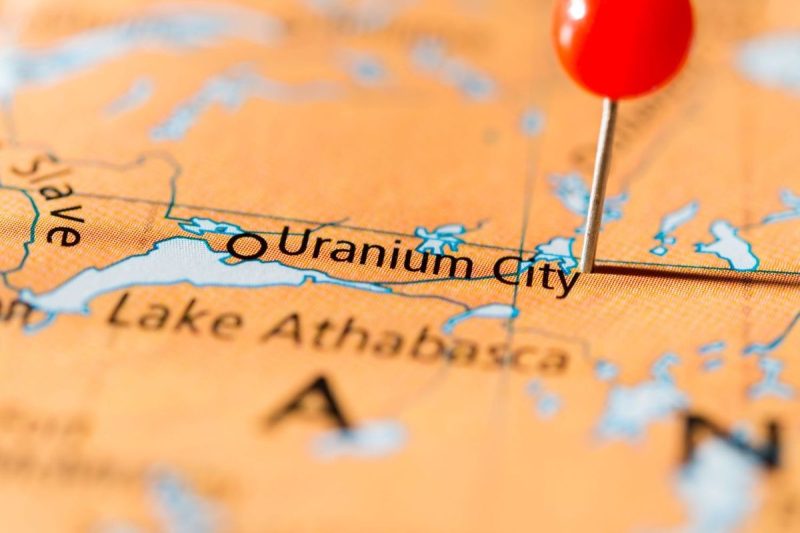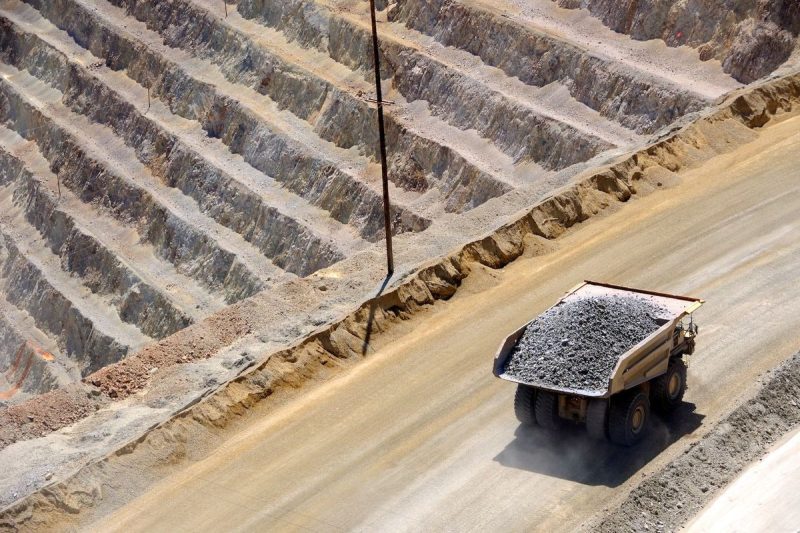Glencore Pursues Argentina Incentives for US$13.5 Billion Copper Projects


Commodities giant Glencore (LSE:GLEN,OTC Pink:GLCNF) has submitted applications to place two of its flagship copper projects in Argentina under a new investment regime.
The Switzerland-based firm is seeking to include the El Pachón deposit in San Juan and the Agua Rica deposit in Catamarca under Argentina’s recently introduced Incentive Regime for Large Investments (RIGI).
Together, the two projects represent a planned capital investment of about US$13.5 billion over the next decade — US$9.5 billion for El Pachón and US$4 billion for Agua Rica.
Both sites would benefit from a long-term economic framework with enhanced investor protections under the RIGI program, which the administration of President Javier Milei launched this year to attract foreign investment.
“President Milei and his administration must be credited for introducing the RIGI. This framework has changed the investment landscape in Argentina, providing a key catalyst to attract major foreign investment to the country,” Glencore CEO Gary Nagle said in the company’s announcement on Monday (August 18).
“The RIGI provides a key platform for the development of Argentina’s significant natural resource endowment,’ added Martín Pérez de Solay, CEO of Glencore Argentina.
‘I am confident that the mining sector can be a major contributor to the Argentinian economy with the El Pachón and Agua Rica projects supporting the country’s ambition to become one of the world’s leading copper producers.”
El Pachón is a large-scale copper and molybdenum deposit with estimated resources of about 6 billion metric tons (MT) of ore averaging 0.43 percent copper, 2.2 grams per MT silver and 130 grams per MT molybdenum.
For its part, Agua Rica hosts roughly 1.2 billion MT of ore with average grades of 0.47 percent copper, 0.2 grams per MT gold, 3.4 grams per MT silver and 0.03 percent molybdenum. Ore from Agua Rica would be processed at the existing Alumbrera facilities, located 35 kilometers away, through the MARA project framework.
The scale of Glencore’s expansion comes amid a broader strategic race among western producers to secure supplies of critical minerals needed for clean energy technologies, electric vehicles and defense applications. Copper in particular is considered vital to global electrification, and analysts warn that rising demand could soon outstrip supply.
US enforcement shift on Chinese metals
On Tuesday (August 19), the US Department of Homeland Security announced that imports of Chinese steel, copper and lithium will be targeted for “high-priority enforcement” under the Uyghur Forced Labor Prevention Act, a law restricting goods linked to alleged human rights abuses in China’s Xinjiang region.
America has a moral, economic, and national security duty to eradicate threats that endanger our nation’s prosperity, including unfair trade practices that disadvantage the American people and stifle our economic growth. The Trump administration is taking action.
The use of… https://t.co/cuSlPkW1ab
— Secretary Kristi Noem (@Sec_Noem) August 19, 2025
“The use of slave labor is repulsive and we will hold Chinese companies accountable for abuses and eliminate threats its forced labor practices pose to our prosperity,” Homeland Security Secretary Kristi Noem said in a post on X.
US officials say the Xinjiang region hosts state-run internment camps where Uyghurs and other minority groups are subject to forced labor. Beijing has consistently denied the allegations, dismissing them as politically motivated.
The announcement expands Washington’s campaign to scrutinize goods with ties to Xinjiang, which has already affected solar panels, cotton and other commodities. The new focus on copper and lithium marks a significant escalation given both metals’ central role in renewable energy and battery production.
Global supply chains in flux
Together, Glencore’s Argentine projects and Washington’s enforcement measures highlight how critical minerals are becoming increasingly entangled with geopolitics.
China processes about 70 percent of the world’s rare earths and controls a major share of global copper and lithium refining capacity. Western governments are trying to diversify away from Chinese supply chains amid rising tensions.
Argentina, with its vast mineral reserves, has emerged as a key player in this strategy. The country is already a major producer of lithium and is positioning itself as a copper hub through projects like Glencore’s expansion.
Securities Disclosure: I, Giann Liguid, hold no direct investment interest in any company mentioned in this article.





